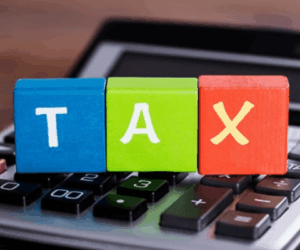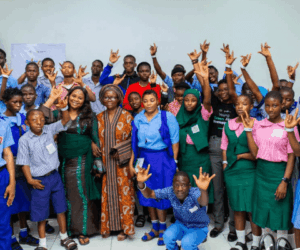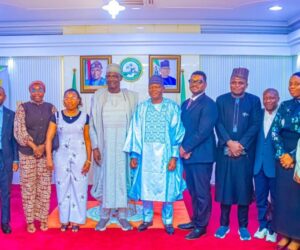The public excitement that followed the inclusion of digital literacy and even artificial intelligence courses in Nigeria’s secondary school curriculum is quite misplaced and laughable. Frankly, many public schools today are little more than glorified “under-the-tree” learning centres. They are shadows of what they once were. Very few, if any, can boast of functional computers, projectors, or a reliable power supply. How then can digital literacy be taught in an environment that lacks the basic resources for such instruction?
The government must face reality. Digital literacy cannot be efficiently taught in schools still reliant on chalkboards, where classrooms are in ruins, teachers are underpaid, and an epileptic power supply continues to paralyse learning. Any attempt to introduce technology in such an environment becomes cosmetic, an effort doomed to collapse under its own contradictions.
I recall my time as NANS PRO when we championed the call for online classes. The closure of schools during the COVID-19 crisis exposed the nation’s lack of preparedness. Had the government invested adequately in the sector, learning would not have been suspended for months. No serious country closes access to education abruptly and completely. Doing so not only undermines human capital development but also signals a lack of commitment to the future.
If digital literacy, being applauded today, must occupy a place in our curriculum, the government must first provide the enabling environment, such as functional digital platforms, subsidised internet access, and affordable learning devices. Anything short of these will complicate the existing educational crisis rather than solve it.
Unfortunately, government policies often appear as quick-fix optics designed for applause. In some cases, they merely copy Western models without consideration of local realities. A clear example is the proposed 5% fuel tax aimed at reducing fuel consumption. Meanwhile, it is illogical for a country whose economy depends heavily on petroleum to discourage its own consumption base. The same applies to curricular reforms that introduce advanced subjects without addressing basic deficiencies. They end up as empty policies, designed more for political headlines than for practical implementation.
The government has not explained how it intends to sustain the planned introduction of technology into schools. Lack of access to devices and reliable internet remains a major obstacle. Parents struggling to feed their families cannot be expected to buy laptops or smartphones for their children. For millions of households, these remain luxuries. Even when such devices are available, internet connectivity is unreliable, expensive, and often inaccessible, especially in rural areas.
Also, our economic realities make the situation worse. According to the UN’s Food and Agriculture Organisation, more than 14 million Nigerians face critical food insecurity. The National Bureau of Statistics also reports that over 133 million Nigerians live in multidimensional poverty. These figures underscore the fact that many families cannot afford to benefit from any digital revolution. Educational inequality will therefore deepen, as students from wealthy homes enjoy opportunities their less privileged peers cannot access. A reform that widens inequality instead of reducing it defeats its purpose.
The Nigerian government must therefore return to the basics. Real progress requires massive investment in digital infrastructure. And the government can achieve this by expanding internet coverage to rural communities, reducing data costs for teachers and students, and ensuring that every learner has access to functional devices. In fact, classrooms must be digitalised, power supply improved, and internet speed increased across the country. More importantly, poverty reduction must be treated as an educational policy, because hungry, impoverished children cannot be expected to thrive in a digital learning system.
Beyond infrastructure, teacher training is crucial. Introducing digital literacy without equipping teachers with the skills to deliver it will produce a generation of half-baked graduates. Curriculum reform must be tied to teacher development, monitoring, and accountability so that both educators and students grow together in a system that is sustainable.
However, the truth remains that curriculum change, without simultaneous improvement in the learning environment and pupils’ quality of life, is a mere academic exercise. Education is not only about what is taught but also about the conditions under which learning occurs. If classrooms are dilapidated, if children are hungry, if teachers are untrained, and if families cannot afford internet or devices, then digital literacy remains a dream deferred.
Nigeria must therefore resist the temptation of celebrating premature reforms. The path to genuine transformation lies not in copying Western curricular content, but in investing heavily in infrastructure, teachers, and welfare. Only then will digital literacy move from paper to practice and from political rhetoric to national reality.
Kazeem Olalekan Israel writes from Ibadan, Nigeria.









